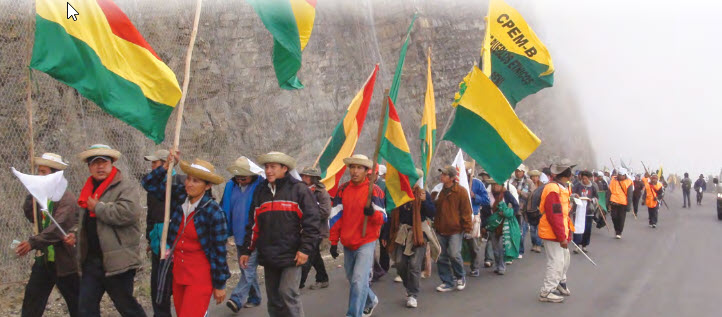Even though Bolivia has had a progressive government for more than a decade (one of the last remaining in the region), indigenous rights are still under threat.
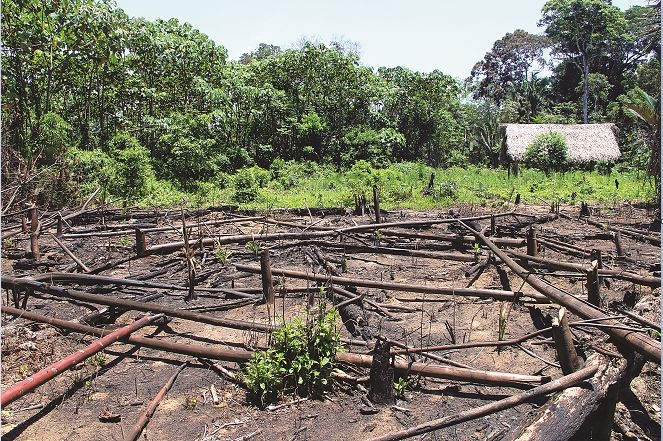
Illegal settlements, mining and timber companies are occupying indigenous territories causing tremendous environmental impact and provoking migration to the nearer cities. Indigenous organizations and indigenous leaders have been blackmailed, threatened and persecuted by the government. Many indigenous organizations are losing the strength and capacity to fight back for their lands. However, other organizations have remained strong, and this is the case of the TIM (Multiethnic Indigenous Territory) and its land rights victory.
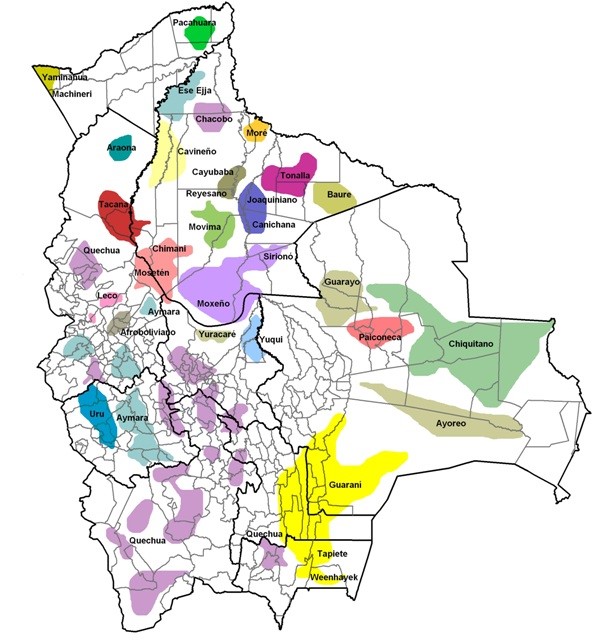
Twenty years ago, part of the ancestral lands of the Tsimane was given by the Bolivian government in concession to timber companies and cattle rangers. The risk was that at the end of those 20 years (2011), the state would not return these lands to the Tsimane. From 2011 to 2018 these lands were occupied by illegal settlers as well as timber companies that remained in the area. However, after seven years of exerting pressure, the indigenous territorial organization TIM (which includes the Tsimane as well as three other indigenous groups living in the area) with the support of Christian Aid’s long term partner CIPCA, has ensured that indigenous people´s land rights are respected and an agreement was signed by the government to revert the lands to the indigenous groups living in this territory.
CIPCA and Christian Aid have worked together for more than 20 years in the southern Bolivian Amazon region and during all these years has supported the strengthening of indigenous organizations and their leaders in defence of their territories. This victory is a result of TIM´s perseverance and capacity to negotiate with the state and timber companies, cattle rangers and other illegal settlements. CIPCA played a key role too, providing legal assistance and advice to indigenous leaders.
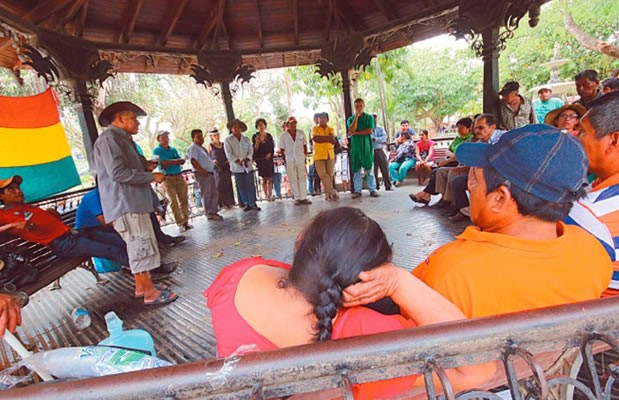
To ensure this process was successful and peaceful, the government organized roundtables with all the actors involved to plan the eviction of timber companies, cattle ranchers and recent illegal settlements. CIPCA has also attended these negotiations to support the indigenous communities to defend and negotiate their land rights. On 21 November, leaders of the TIM and national authorities of the National Institute for Agrarian Reform (INRA) began the process of eviction. This process may take a few more months because the rainy season in the Amazon has already started but there will be no turning back now. This is a great victory not only for the TIM but for all indigenous organizations whose lands and territories are being threatened by timber and mining companies as well as the construction of mega projects.
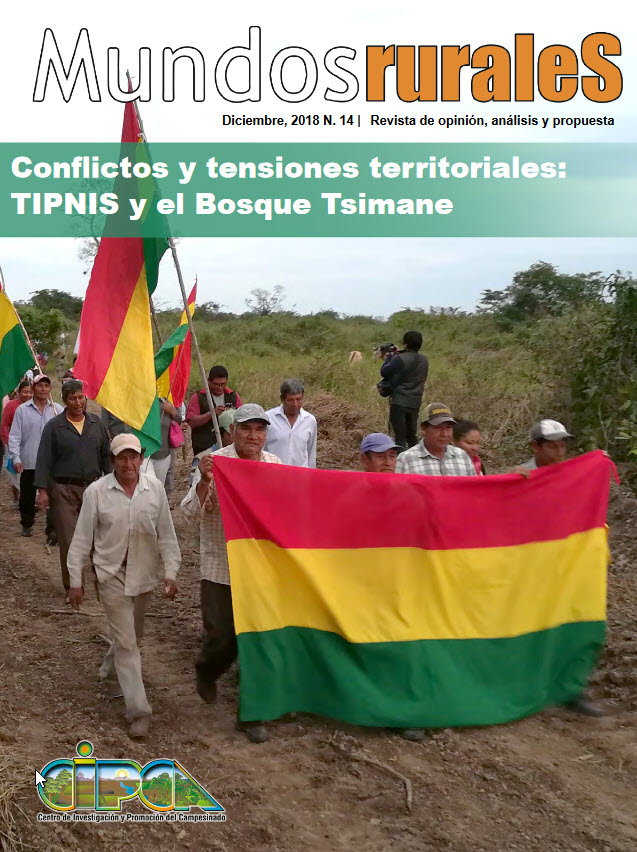
Elsewhere the struggle has intensified
Meanwhile in Brazil, the new president Jair Bolsonaro has undermined indigenous rights, promised to halt the demarcation of indigenous lands and chosen a very conservative ministerial team.
In Colombia, Indigenous leaders are being assassinated for fighting for their rights. Throughout the region, government preference for the construction of megaprojects and investment in extractive industries is endangering indigenous settlements and their livelihoods.
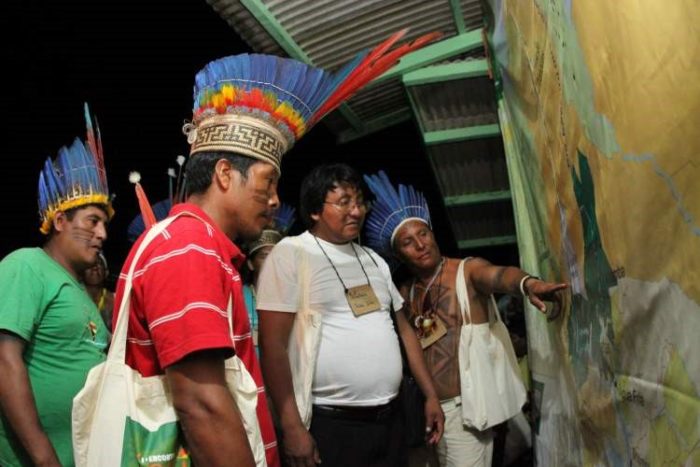
The victory in Bolivia must resonate for all the indigenous people in Brazil, Colombia, El Salvador, Honduras, or elsewhere in Latin America and the Caribbean. It echoes the effort of all of those who are daily struggling against poverty, a condition that marginalises people – this common struggle, in different locations, is capable of uniting people. In times of social rights setbacks, all victory, no matter if big or small, is fuel to inspire the struggle against this unbalanced system in which we live in. This victory is inspiration to stand up for those who are deprived of power, deprived of the possibilities of having a fair life. Inspiration to have courage to denounce every day the inequalities created by this political-economic structure we live in. La gente resiste en Bolivia y en toda Latinoamerica!
For more information on our work on indigenous territorial rights, contact María Crespo at MCrespoArauco@christian-aid.org

